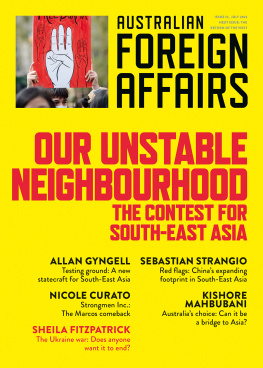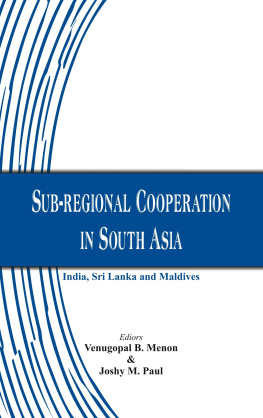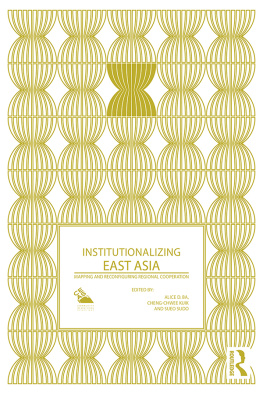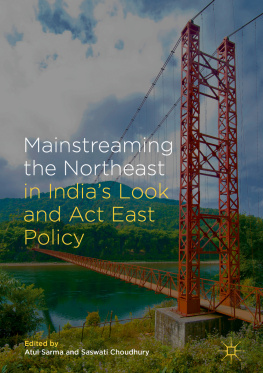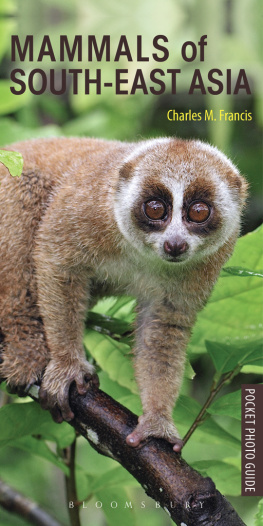First published in 1995 by Routledge
This edition first published in 2015
by Routledge
2 Park Square, Milton Park, Abingdon, Oxon, OX14 4RN
and by Routledge
711 Third Avenue, New York, NY 10017
Routledge is an imprint of the Taylor & Francis Group, an informa business
1995 Tilman Remme
All rights reserved. No part of this book may be reprinted or reproduced or utilised in any form or by any electronic, mechanical, or other means, now known or hereafter invented, including photocopying and recording, or in any information storage or retrieval system, without permission in writing from the publishers.
Trademark notice: Product or corporate names may be trademarks or registered trademarks, and are used only for identification and explanation without intent to infringe.
British Library Cataloguing in Publication Data
A catalogue record for this book is available from the British Library
ISBN: 978-1-138-89258-3 (Set)
eISBN: 978-1-315-69792-5 (Set)
ISBN: 978-1-138-90126-1 (Volume 2)
eISBN: 978-1-315-69789-5 (Volume 2)
Publishers Note
The publisher has gone to great lengths to ensure the quality of this reprint but points out that some imperfections in the original copies may be apparent.
Disclaimer
The publisher has made every effort to trace copyright holders and would welcome correspondence from those they have been unable to trace.
Britain and Regional Cooperation in South-East Asia, 194549
Britain and Regional Cooperation in South-East Asia, 194549 traces plans by the British Foreign Office to establish an international regional system in South-East Asia, that would allow Britain to dominate the region politically, economically and militarily. Tilman Remme explores the changing emphasis of Britains regional policies, from plans in 1945 for cooperation with other colonial powers to the aim of drawing India and other fledgling Asian states into a Singapore-based regional organisation. Dr Remme examines the effects of nationalism and of the colonial wars in Vietnam and Indonesia, as well as competing regional initiatives by India, Australia and the United Nations which threatened British dominance in the region. He further shows how, after the Malayan Emergency of 1948, regional cooperation became Britains key strategy to contain communism in Asia.
By tracing Britains foreign policy initiatives, Tilman Remme puts the issues affecting South-East Asia in the postwar period into a wider context, discussing events in the light of the sudden Japanese defeat in the Second World War, the transfer of power in India, the communist struggle for supremacy in China, the development of Anglo-American relations in Asia and the beginnings of the Cold War.
Tilman Remme is a writer and producer of historical and political television documentaries.
Books published under the joint imprint of LSE/Routledge are works of high academic merit approved by the Publications Committee of the London School of Economics and Political Science. These publications are drawn from the wide range of academic studies in the social sciences for which the LSE has an international reputation.
Britain and Regional Cooperation in South-East Asia, 194549
Tilman Remme
First published in 1995
Published 2015 by Routledge
2 Park Square, Milton Park, Abingdon, Oxon OX14 4RN
711 Third Avenue, New York, NY, 10017, USA
Routledge is an imprint of the Taylor & Francis Group, an informa business
Copyright 1995 Tilman Remme
All rights reserved. No part of this book may be reprinted or reproduced or utilised in any form or by any electronic, mechanical, or other means, now known or hereafter invented, including photocopying and recording, or in any information storage or retrieval system, without permission in writing from the publishers.
British Library Cataloguing in Publication Data
A catalogue record for this book is available from the British Library
Library of Congress Cataloging in Publication Data
A catalog record for this book has been requested
ISBN-13: 978-0-415-09753-6 (hbk)
Typeset in Baskerville by
EXCEPT detail Ltd, Southport
Acknowledgements
First and foremost, I would like to express my gratitude to the British Council, whose financial support from 1985 to 1988 enabled me to research and write the thesis on which this book is based. I would also like to thank Dr Alan Sked of the London School of Economics for his help, advice and guidance. Furthermore, I would like to thank Professor Ralph B. Smith and the members of his special seminar on South-East Asia at the School of Oriental and African Studies for their helpful advice and criticism, and for giving me the opportunity to present some of the ideas developed in my thesis. I would also like to thank Edward Lucas, the late Dr Roger Bullen, Dr Richard Aldrich, Dr Taka Tanaka, Dr Michael Leiffer, Shams Ul-Alam, Professor Peter Lowe and Professor Ian Nish for their advice and encouragement and for giving me inspiration. Thanks also to the staff at the LSEs International History Department and at the Public Record Office in Kew. In addition, I would like to thank Professor Ernst Nolte, Professor Michael Erbe and the late Professor Hellmut Becker for their support during the preparation of this project.
This book is dedicated to my wife Fiona, without whom it would never have come about.


